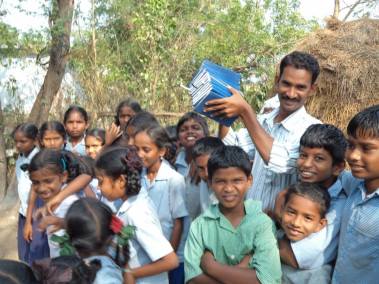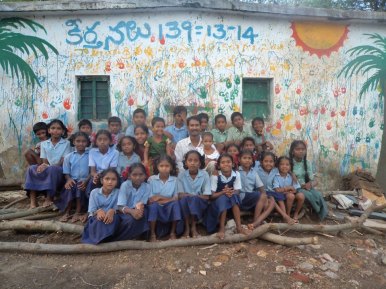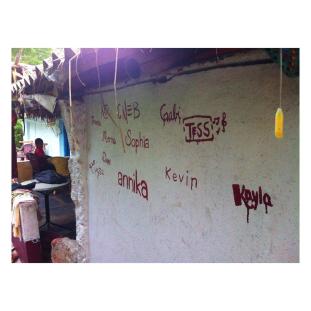A few days ago, a Buzzfeed video started circulating which featured a few Christians explaining that they are not homophobic, judgmental or the type of crazy Christian portrayed by the media.
Here is the link: I’m A Christian But…
A few of the people in the video said,
“I’m a Christian…”
1) …”but I do believe in science, in fact I think science makes God look really cool.”
2) …”but I am a feminist.”
3) …”but I have friends from all walks of life and different religions, and I love them all.”
Some things they said when asked what they wanted people to know about Christianity were:
“A lot of people think Christianity ruins people, but to me I think it’s people that are ruining Christianity, you never really see the good that happens, you only see the hypocrites, and the people who put themselves on a higher pedestal.”
“But at its core it’s really about love and acceptance and being a good neighbor.”
When I finished watching it, I thought it was great. Yes, there were some things said that could be debated and talked about in more detail, but the overall message was positive. It was full of things that I have to tell people all the time, because most of my friends are not Christians. Thankfully I’ve been able to be an example of Jesus to them: eating, drinking, talking and simply living life alongside them–and I love it.
Now I will address each quote mentioned above:
Quote # 1 : Amen! Science does make God look really cool. There shouldn’t be some kind of rivalry or “us vs. them” attitude between Christianity and science. The Big Bang Theory, String Theory, and the Theory of Evolution are THEORIES, just like Creationism. Therefore, we all can have different ideas about the origins of existence and still respect each other. Science is interesting, amazing, complex and mysterious. If you believe in God, it does make him look extremely awesome and talented. Science & God can and do go together.
Quote # 2 : Feminism, in the form of social, economic and political equality is exactly what God wants for women. While on earth, Jesus elevated women above societal norms in ways that were offensive! Jesus had dinner with prostitutes, healed untouchable women, chose to appear to women first after his resurrection in a time and place where women were not considered reliable witnesses, included women in his ministry, and so on. Many times in the Old Testament, the role of women in the creation of Israel was vital. Here is a good blog pointing out a few ways Jesus was an advocate for women: Top 4 Reasons Jesus is My Favorite Feminist
Quote # 3 : That’s awesome. One thing that bothers me is how many Christians only associate with Christians. If we live by the example of Jesus, we should be doing life with people that need the gospel. We are called to love our neighbor and our enemy. That means we should be friends with and care for people who are gay, straight, transgender, Muslim, Christian, Buddhist, liberal, conservative, poor and wealthy. What it means to love people of all different walks of life is not simply a nice thing to say, where you see them once in a while, and keep them around just to claim them as your “Muslim” friend or your “gay” friend so you seem nice and tolerant. To love them means to speak up for them, defend them, give your time to them, pray for them, and sacrifice things for them.
My point is, those who are mad about this, and reacting in hateful ways are proving the point of the video–that there are plenty of judgmental and obnoxious Christians out there–but not everyone is like that.
Can’t we all just love each other?
“He has told you, O man, what is good; and what does the Lord require of you but to do justice, and to love kindness, and to walk humbly with your God?” Micah 6:8
“And as you wish that others would do to you, do so to them.” Luke 6:31
“By this all people will know that you are my disciples; if you have love for one another.” John 13:35
“And one of the scribes came up and heard them disputing with one another, and seeing that he answered them well, asked him, ‘Which commandment is the most important of all?’ Jesus answered, ‘The most important is, ‘Hear, O Israel: The Lord our God, the Lord is one. And you shall love the Lord your God with all your heart and with all your soul and with all your mind and with all your strength.’ The second is this: ‘You shall love your neighbor as yourself.’ There is no other commandment greater than these.’ And the scribe said to him, ‘You are right, Teacher. You have truly said that he is one, and there is no other besides him. And to love him with all the heart and with all the understanding and with all the strength, and to love one’s neighbor as oneself, is much more than all whole burnt offerings and sacrifices.’ And when Jesus saw that he answered wisely, he said to him, ‘You are not far from the kingdom of God.'” Mark 12:28-35




